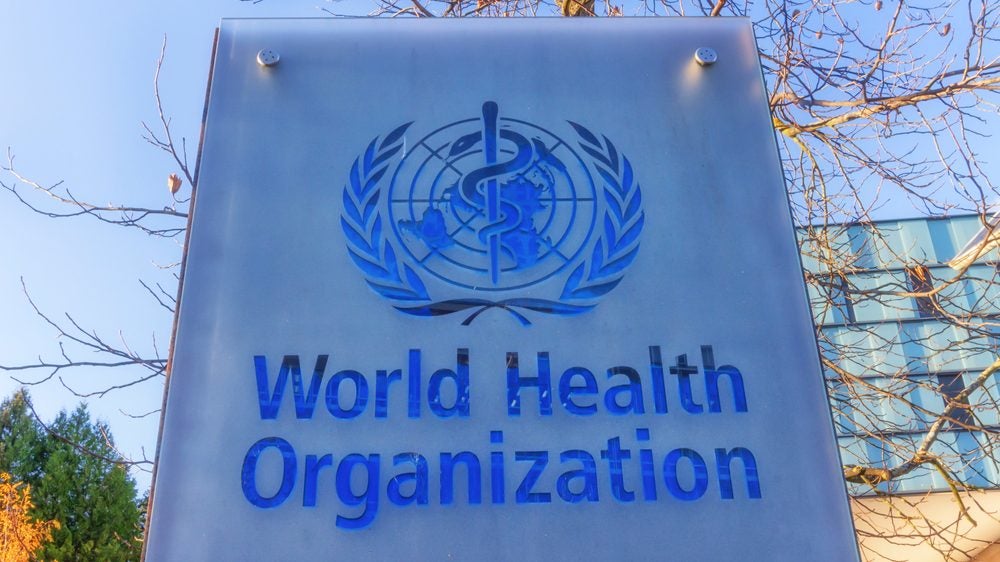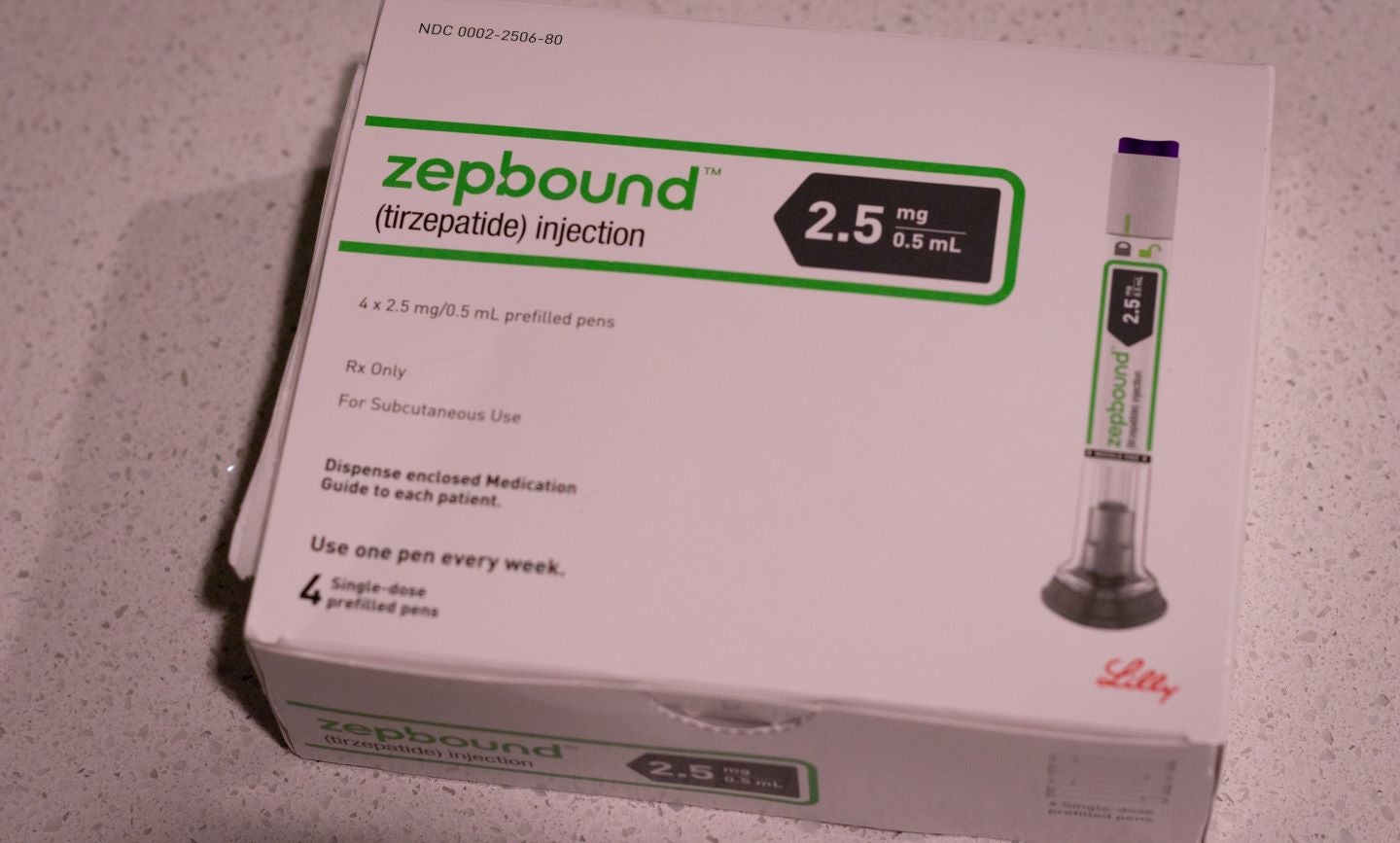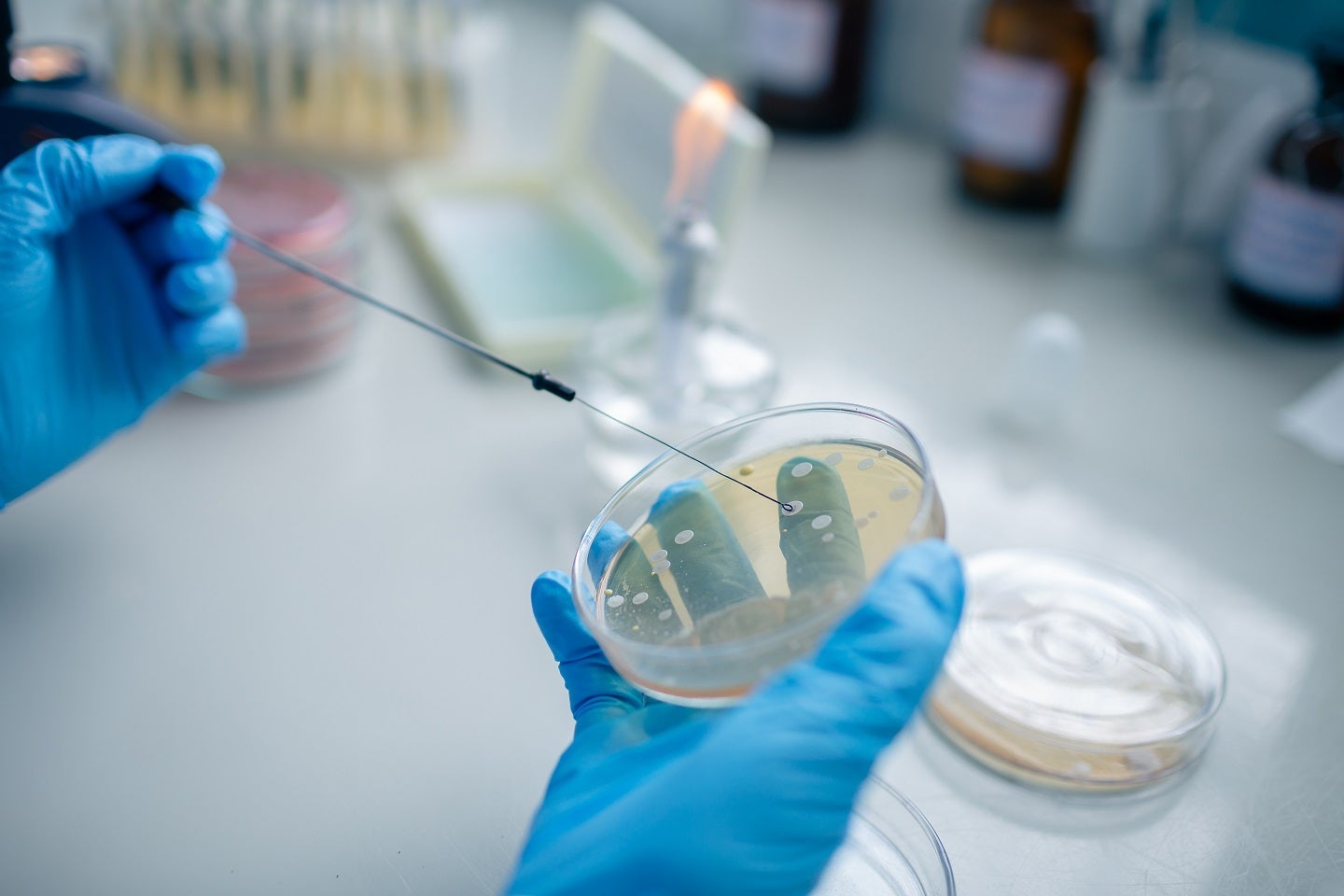WHO declares end of Covid-19 public health emergency
The WHO ended the public health emergency for Covid-19 as the pharma industry continues to invest heavily in antiviral drug development.

The World Health Organization (WHO) announced the end of the public health emergency for Covid-19, marking the end of a declaration that had been in effect for more than three years.
During a meeting on Friday, WHO officials pointed toward decreasing trends in infections, hospitalisations, and deaths stemming from Covid-19 in the international community. As a result, the organisation determined that countries should treat the virus as an endemic threat rather than an acute emergency.
The WHO Director-General concurred with the advice of the committee, officially ending what had been deemed a public health emergency of international concern (PHEIC) since March 2020. In the US, the public health emergency for Covid-19 is set to end on May 11.
Covid-19 clinical trial activity remains high
As the world shifts toward viewing Covid-19 as an endemic virus, the pharma industry is still pouring resources into developing new treatments. There are more than 1,000 ongoing drug and vaccine trials targeting Covid-19, according to GlobalData’s Clinical Trials Database.
Though most ongoing Covid-19 trials have institutions like academic research centers as sponsors, industry sponsors a sizeable share of studies. Meanwhile, studies aimed at Covid-19 continue to dominate the infectious disease drug development landscape.
The WHO’s new policy reflects changing expert opinions on how to handle Covid-19 as the virus and its community impact continue to evolve. Earlier this year, the organisation recommended bivalent vaccines, offering different vaccine and booster schedules depending on an individual’s risk.
What's Your Reaction?

































